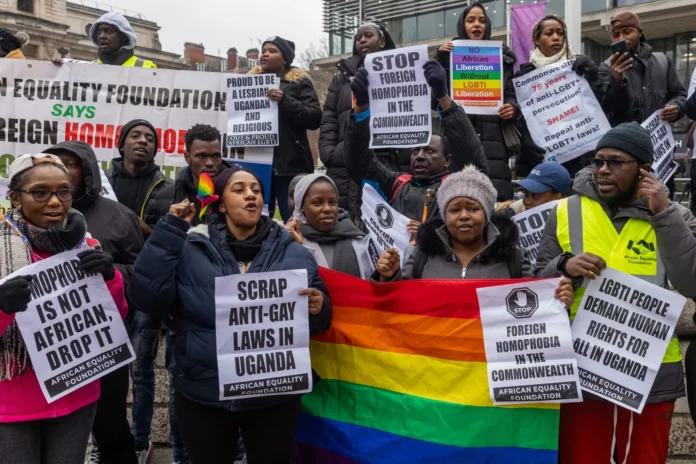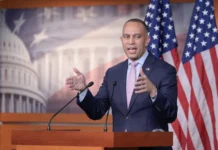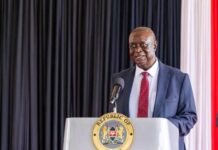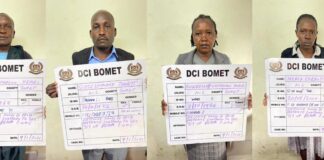Written by Were Kelly
June 6, 2025 – Kampala, Uganda | After nearly two years of suspended cooperation, the World Bank has announced the resumption of funding to Uganda, following what it described as the successful implementation of safeguards to mitigate the risks posed by the country’s controversial Anti-Homosexuality Act (AHA).
The original suspension, imposed in August 2023, came after Uganda passed one of the world’s harshest anti-LGBTQ laws.
The legislation mandates life imprisonment or the death penalty for certain same-sex acts, including so-called “aggravated homosexuality.”
The law drew global condemnation and prompted development partners—including the World Bank—to pause engagement pending human rights assessments.
“We have now determined the mitigation measures rolled out over the last several months in all ongoing projects in Uganda to be satisfactory,” said a World Bank spokesperson
The decision to resume lending reflects an effort by the Bank to re-engage with Uganda without compromising its commitment to inclusion and non-discrimination, core principles enshrined in its operational policies.
Since the suspension, the World Bank has worked with Ugandan authorities to introduce protective protocols across its project portfolio — including ensuring that no individual is denied access to project benefits based on sexual orientation or gender identity.
Following this internal review, the Bank’s board has approved three new projects targeting key development priorities:
- Social protection for vulnerable populations,
- Education access and quality improvement, and
- Support for displaced populations and refugees.
Uganda, which hosts over 1.5 million refugees and faces wide gaps in education and healthcare, remains highly reliant on external financing, especially for large-scale infrastructure and public service delivery.
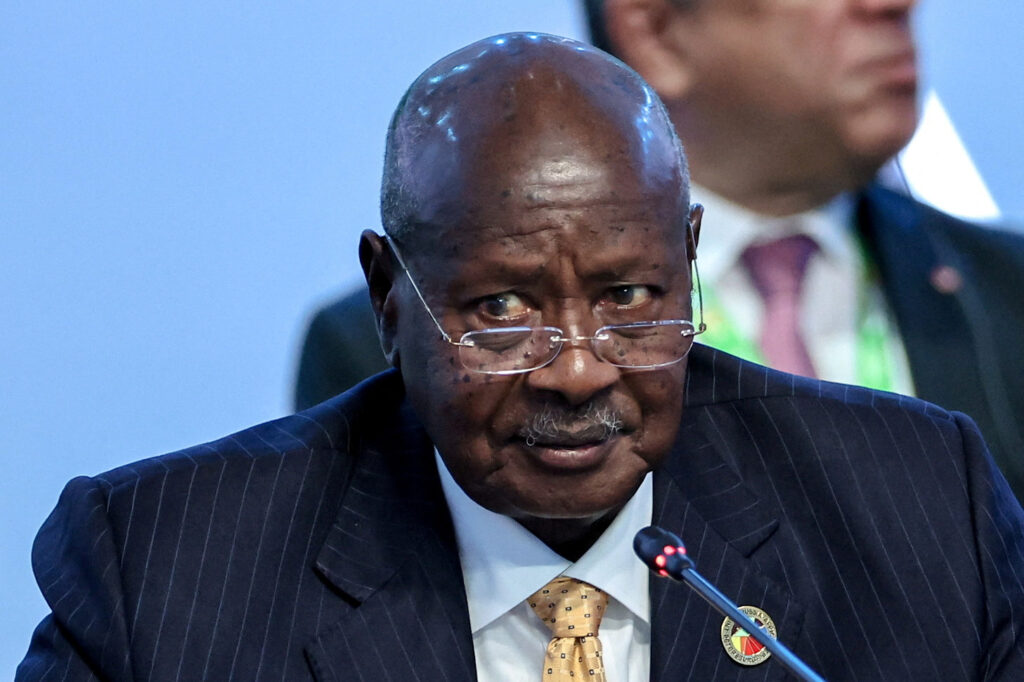
The Anti-Homosexuality Act, signed into law by President Yoweri Museveni in May 2023, triggered international outcry and multiple aid suspensions. The legislation includes:
- Death penalty for certain same-sex acts deemed “aggravated,” such as involving individuals with disabilities or transmitting terminal illnesses;
- Up to 20 years in prison for “promoting homosexuality.”
The Ugandan government defended the law as reflective of “African values,” while critics—including UN agencies, civil society groups, and rights watchdogs—warned of escalating violence, discrimination, and a chilling effect on public health interventions, particularly HIV/AIDS programming.
The World Bank’s renewed engagement with Uganda underscores the delicate balance international donors must strike— between upholding universal human rights and addressing urgent socio-economic needs in countries with divergent political and cultural landscapes.
As one of Uganda’s largest external donors, the World Bank’s re-entry could accelerate recovery in key sectors.
But human rights advocates warn that funding must not signal acceptance of discriminatory laws.
“Resuming aid is not the problem,” said one policy analyst. “The real test will be whether the World Bank ensures its money helps all Ugandans — not just the ones the state deems acceptable.”
The challenge now is ensuring that development is inclusive, accountable, and rights-respecting, even in politically complex environments.









